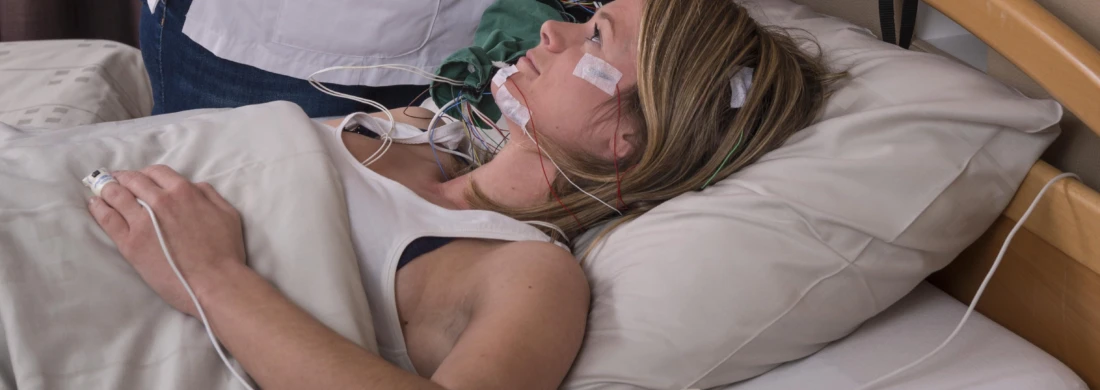Daytime sleepiness (hypersomnia)
Everyone feels tired during the day at times and may occasionally doze off during a quiet moment. However, if someone falls asleep every day and cannot stop it, they are experiencing excessive sleepiness. This can severely disrupt daily life and have a significant impact on school, work, family, and social relationships. People with this sleep disorder often face a lack of understanding from those around them.
Causes of excessive sleepiness
There are several causes of excessive sleepiness. For example, it can result from a short night's sleep or a nighttime sleep disorder. It can also be caused by a disruption in the brain's "wake center." These are rare sleep disorders, including idiopathic hypersomnia and narcolepsy.
People with narcolepsy experience not only excessive sleepiness but also other symptoms, including sudden muscle weakness triggered by emotions such as laughter (cataplexy) or very vivid and lifelike dreams. If excessive sleepiness is present strongly during certain periods and is accompanied by abnormal behavior, Kleine-Levin syndrome may be considered.
Diagnosis and treatment
For the diagnosis of excessive sleepiness/hypersomnia, various tests are conducted in addition to a conversation with the doctor and questionnaires. Besides nocturnal sleep studies, a so-called MSLT (Multiple Sleep Latency Test), or "nap test," is often performed during the day. In some cases, a spinal tap may be necessary, in addition to blood tests. These tests help to establish the most accurate diagnosis, which is essential for developing a treatment plan.
The treatment team may consist of medical specialists, psychologists, and behavior therapists. In addition, Kempenhaeghe has social workers and other experts who also have extensive knowledge of sleep. Treatment often begins with improving the sleep schedule and scheduled nap times during the day. In cases of narcolepsy and other forms of hypersomnia, medication is often required, and these medications are carefully adjusted. While these medications do not cure the condition, they can suppress symptoms, helping individuals function better during the day.
